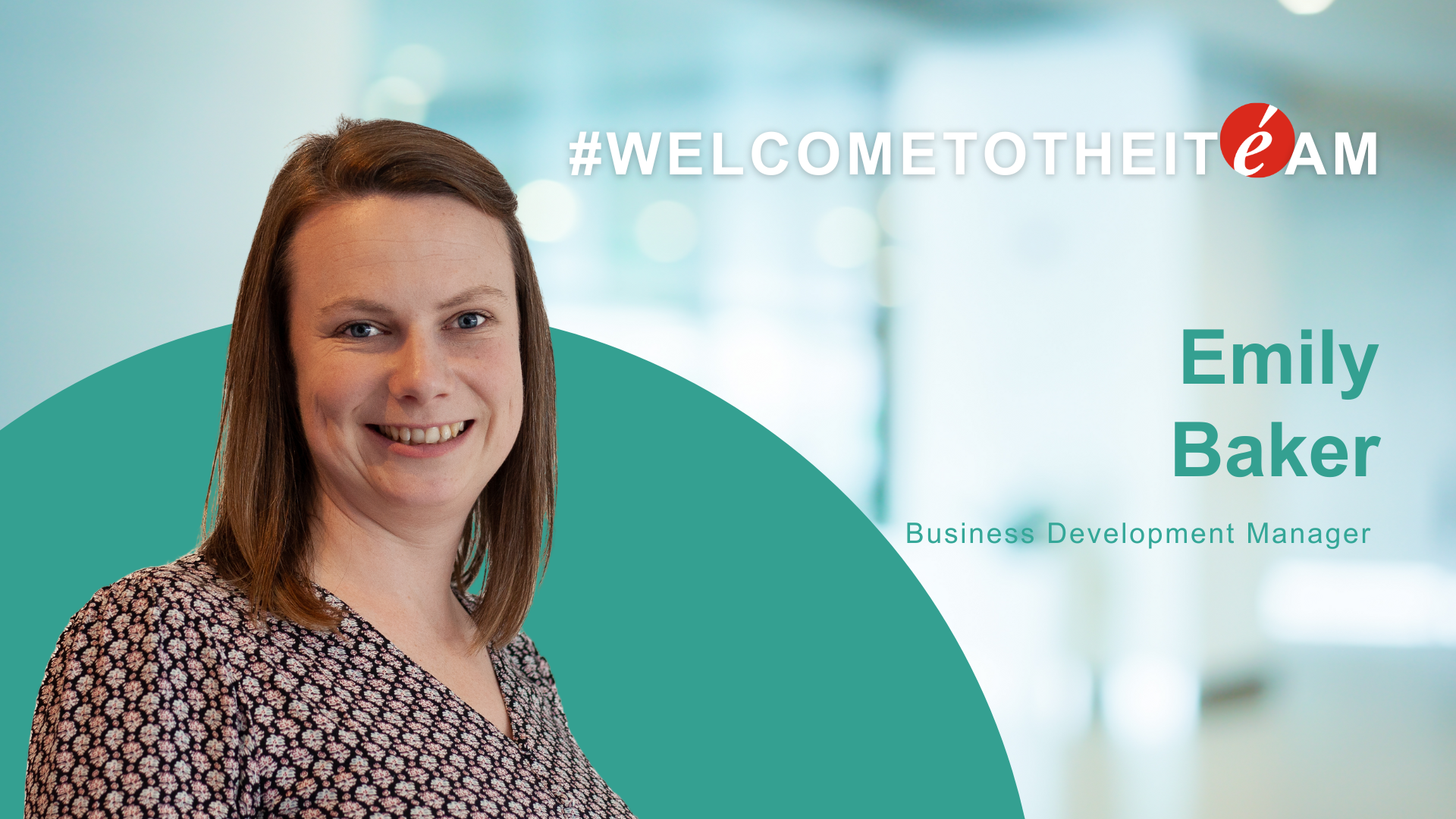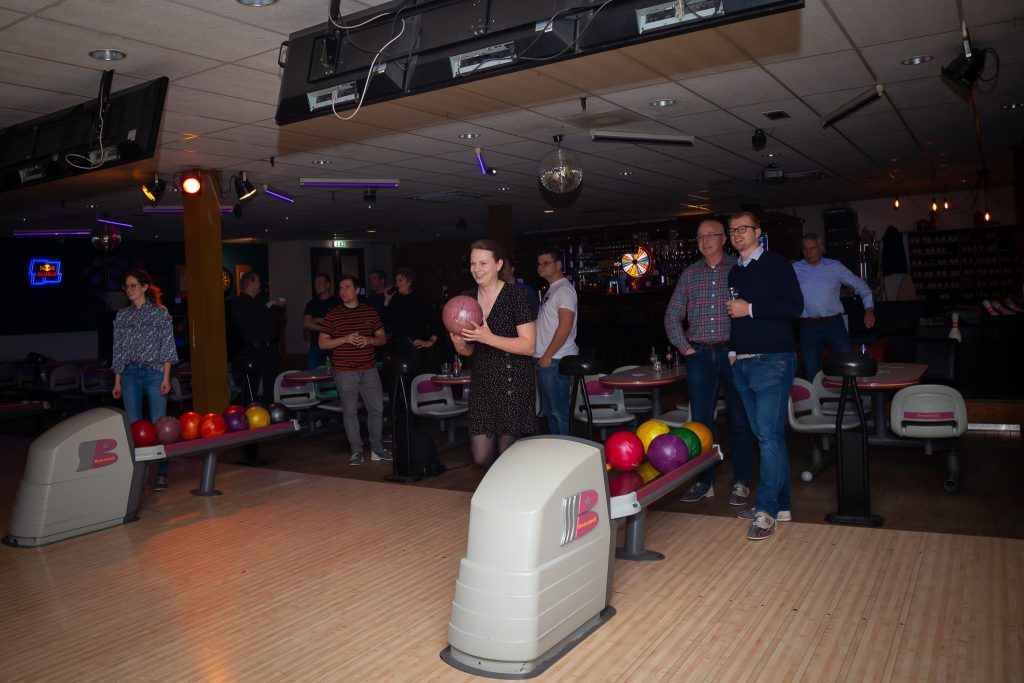Getting evidence to show that the medical alarm solution of itemedical works in the UK healthcare industry.

Emily Baker joined itemedical in November to start working on expanding the alarm management solution in the UK. An exciting new challenge for both Emily and itemedical. In her new role as Business Development Manager she is getting amongst the healthcare industry to share what problems itemedical can solve for the UK healthcare professionals.
Itemedical:“Welcome on board, Emily! Can you tell us more about your career so far?”
EMILY: “Healthcare is a common theme that weaves my career together. I studied biology at school and I especially loved human biology. So I stuck with this theme and did my undergraduate degree in Biomedical Sciences. Then I started working at NHS (National Health Service) in laboratories and hospitals running diagnostic tests in the field of microbiology, haematology and clinical chemistry. After that experience, I spent some time working for a private company making diagnostic tests. For almost seven years I have had a role of supporting clinical software like infection and prevention software, medical device integration, software gateways, electronic prescribing and electronic health records. Always with healthcare as a background.
In 2020 I did my Master’s degree MBA to increase my knowledge in the field of business management. Not sure what’s next! For the moment I am at a break after two years studying, but I’m always open to learning new things.🙂”
“How did itemedical come to you?”
“I worked together with the itemedical team many years ago when I worked for ICNet. I already knew Arno Hoogland and Martijn van Duffelen. So, once I heard that itemedical was looking for somebody to set up the UK business, I was interested as I already had a positive experience with the company and its team.”
“What will you be doing as as Business Development Manager?”
“That is a very good question!🙂 Initially my role will be focussing on developing new connections in the UK and sharing the potential of MediScore Medical Device Data Gateway (MS MDDG) as an alarm management solution. I will go to some conferences, network events, start visiting people and get amongst the industry, trying to share what problems we can solve for the UK healthcare professionals. We have the data from The Netherlands and Belgium and we have got the experience there. Now we have to see how we can ‘translate’ this into the UK.
One other big thing is to get is a pilot hospital or hospitals to trial MS MDDG. We have to get NHS or UK Critical Care evidence to show MS MDDG working in that environment and having as much as a benefit as it has in Europe. Out of that, we would like to get some pilot or trial presentation at one of the big critical care congresses. Just getting the word out: getting evidence to show that the medical alarm solution of itemedical works for the UK healthcare industry.”
“What challenge are you most looking forward to?”
“The challenge for me is to build our network and connections. I can’t wait to meet people. Seeing ICU’s, meeting people, finding out what they are doing and seeing what their priorities are. I’m really looking forward to getting out and meeting people. That’s what you can expect from me in the coming year.”
“Do you experience the same ‘challenges in the UK hospitals as in The Netherlands or Belgium hospitals?”
“The major difference in the UK is that we don’t have that many single bed Intensive Care Units. However, we still have the same challenges: struggling to retain staff is one of the biggest issues particularly in Intensive Care and Critical Care as there is such a high pressure. Further, there is lots of noise, I know that’s for certain. So, yes I think the challenges are similar, but I need to find out what’s the priority for the UK teams.”
“You have already visited a Dutch hospital: Jeroen Bosch Ziekenhuis (JBZ). What were your feelings hearing and seeing the results achieved here regarding the alarm solution?”
“Super happy. It was for me a confirmation that taking on this role was definitely the right thing to do. The JBZ visit showed to me that this solution does work and can make a difference. It was reassuring to know that and it made me really believe in what itemedical is doing. I can hardly believe that they worked in first instance with an alarm distribution system without any filtering of medical alarms.”
“You have had your introduction with the Dutch and Belgium team as well?”
“Yeah, I have met several colleagues and we went for bowling and that was so good, I like bowling.🙂”

“Besides your work, Emily, can you tell something more about yourself?”
“I like horse riding on my own horse ‘Annie’ and I also like running, sailing and travelling, especially through nature. One of my favourite trips was to Malaysian Borneo. I went trekking in the jungle and saw Orangutans in the wild. That was the best thing in the world, apart from the leeches. Also, I sailed from the Artic Circle all the way down the coast of Norway on a sailing yacht. That was really cool. We went to places which you can’t really get to from land.”
“And in your spare time you also suppor a charity of medical detection dogs?”
“Yeah, this is quite a big charity, but not so well known until the dogs were involved with covid detection. The dogs were smelling covid at the London airports. In addition, these medical detection dogs can smell early stage cancer or help people with diabetes, epilepsy or even a peanut allergy. They can smell a diabetic or epileptic seizure before it happens and warn or give their dog-owners time to go to a safe place or get some medication. I can talk all day about this subject and like to do public speaking for this organisation. I talk to local groups and share what this charity is about.”
Interested in knowing more about the medical alarm solution?